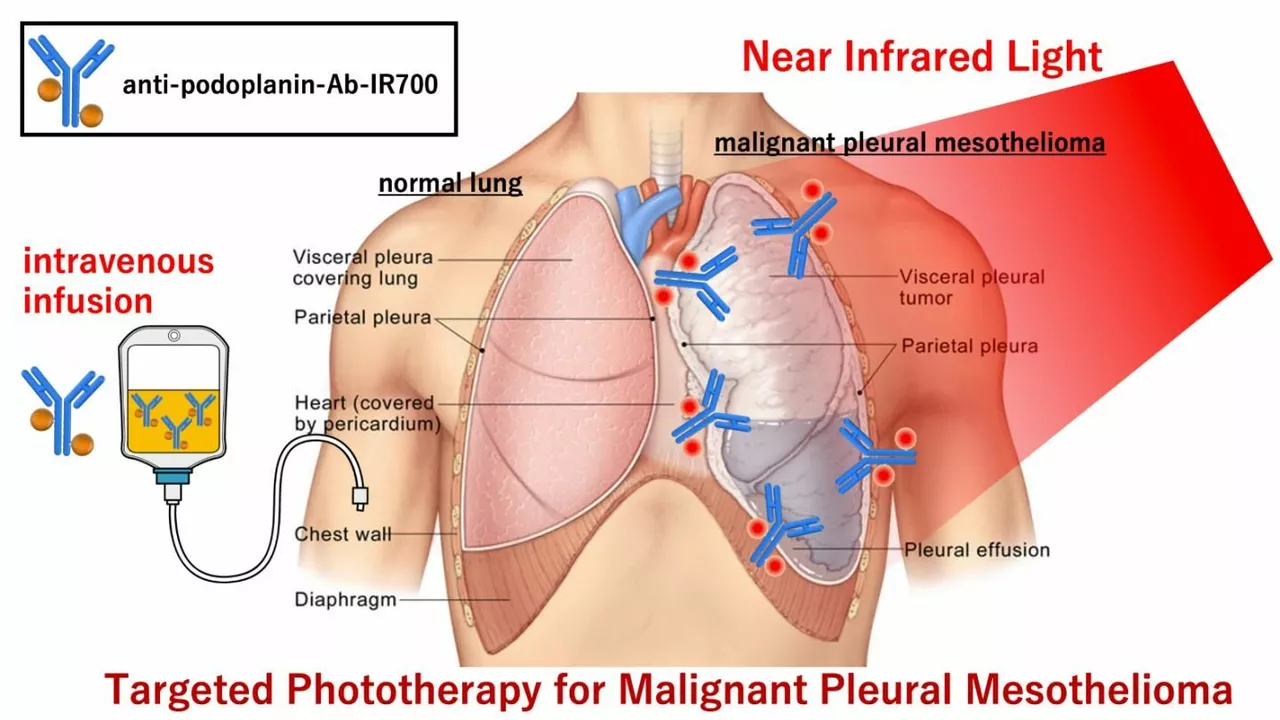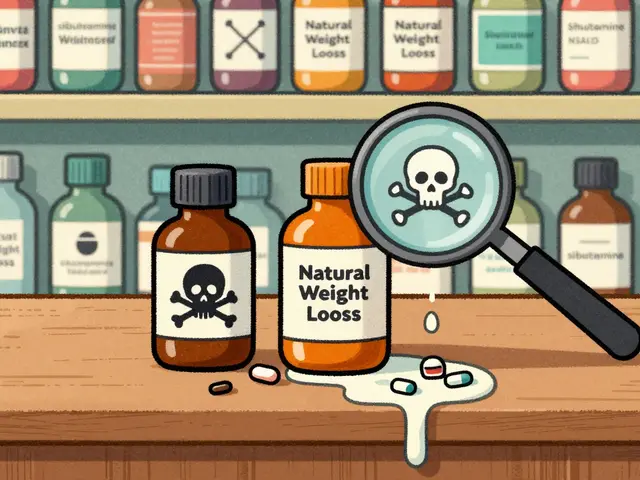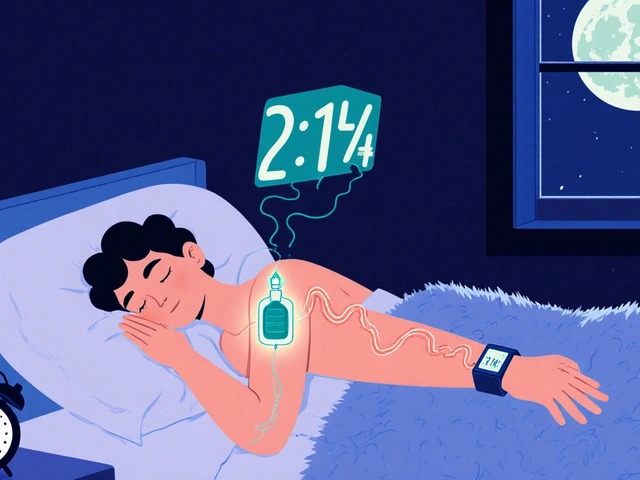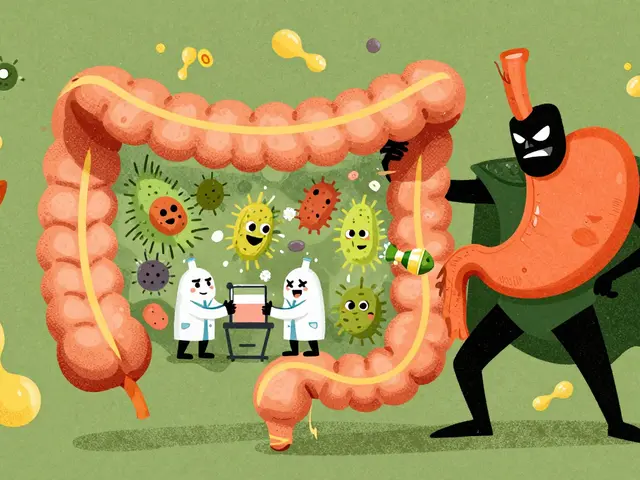Lung inflammation: causes, symptoms and what to do
Lung inflammation can feel sudden or come on slowly. Common signs are persistent cough, wheeze, chest tightness, shortness of breath and sometimes fever. You might cough up green or rust-coloured phlegm if an infection is present. Mild cases are annoying; severe cases need urgent care.
Main causes include viral or bacterial infections such as bronchitis and pneumonia, asthma flares, COPD exacerbations, inhaled chemicals or smoke, and some drugs or autoimmune diseases. COVID-19 and other respiratory viruses commonly cause lung inflammation too.
When to see a doctor
Get immediate care if you have trouble breathing, blue lips or face, sudden chest pain, fainting, or confusion. Call emergency services for severe trouble breathing. For less urgent but worrying symptoms—ongoing fever, worsening cough, or cough with blood—book a same-day visit.
How doctors check and treat it
Diagnosis often starts with a physical exam and vital signs. Expect a chest X-ray and maybe blood tests, sputum culture, spirometry or a CT scan if the case is unclear. Sometimes bronchoscopy is used to collect samples.
Treatment depends on the cause. Bacterial infections get antibiotics; viral infections usually need supportive care unless antivirals apply. Steroids reduce inflammation for asthma, COPD or some autoimmune causes. Oxygen, fluids and breathing support are used in hospital when breathing is poor.
Avoid self-prescribing antibiotics or buying them without a prescription. Taking the wrong antibiotic or the wrong dose can make infections worse or cause side effects. If a post on this site discusses buying azithromycin online, use it only as background and always confirm with your clinician.
Simple steps cut risk: get flu and pneumococcal vaccines, stop smoking, avoid secondhand smoke and strong fumes, wash hands, and stay home when you’re sick. For work that exposes you to dust or chemicals, use proper masks and ventilation.
If you have chronic lung disease, make an action plan with your doctor so you know what to do at the first sign of inflammation. Keep rescue inhalers and medications up to date, and learn breathing exercises that help during flare-ups.
Ready to read more? Our site covers antibiotics, safe online pharmacies, lung drugs and related topics—check articles on azithromycin, doxycycline alternatives, and COPD treatments for practical guides and buying tips.
Quick FAQ: Can allergies cause lung inflammation? Yes — allergic asthma and hypersensitivity pneumonitis are examples. Will antibiotics always help? No — antibiotics only work for bacterial causes; viral inflammation needs other care. Can air pollution cause long-term inflammation? Yes, long exposure raises risk of chronic bronchitis and worsens asthma and COPD.
Home care tips: rest, hydrate, steam inhalation for comfort, and use prescribed inhalers exactly as directed. Keep a symptom diary—note temperature, cough, breathlessness and response to meds. If symptoms don’t improve in 48–72 hours or get worse, contact your provider. Regular checkups help prevent repeated flares.
If you’re on drugs that can affect lungs (like some chemotherapy or heart meds), tell your doctor about new breathing symptoms right away. Early action prevents serious damage and hospitalization.

- Aug 1, 2023
- Posted by Cillian Osterfield
How to Manage Lung Inflammation During Pregnancy
Hey folks! So, dealing with lung inflammation during pregnancy may sound like juggling flaming tacos, but it's not that terrifying, promise! Breathe easy (pun intended), because our body is a magical thing, capable of adapting to changes and challenges! First, we need to understand the cause, could be asthma, an infection, or allergies, then we tailor a plan. It's a mix of a healthy diet, regular exercise, and prescribed medications if needed. And remember, folks, always keep your doctor in the loop - they're like your personal Google for health stuff but with a medical degree!
Categories
- Health and Wellness (72)
- Medications (71)
- Health and Medicine (28)
- Pharmacy Services (12)
- Mental Health (9)
- Health and Career (2)
- Medical Research (2)
- Business and Finance (2)
- Health Information (2)
©2026 heydoctor.su. All rights reserved





